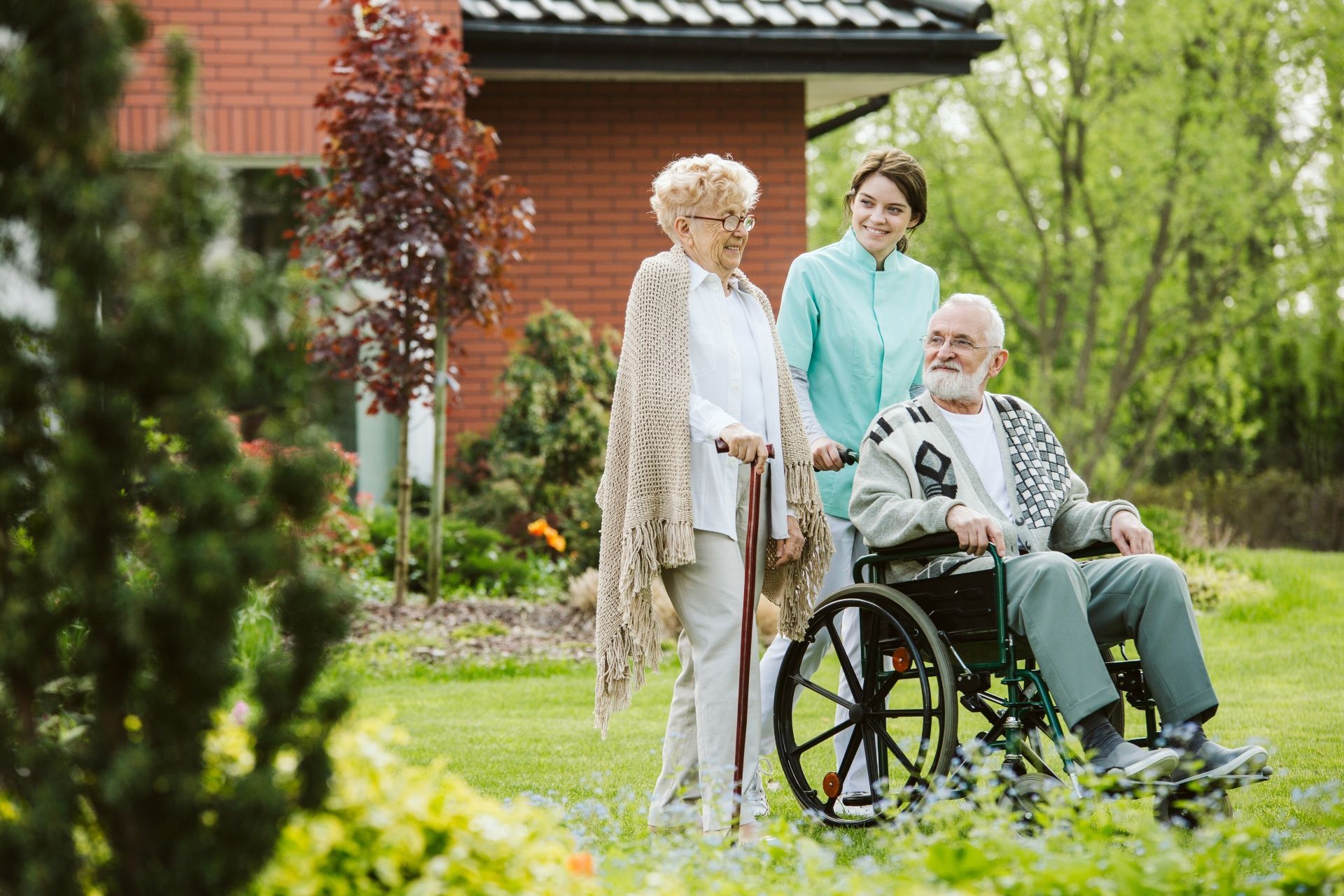Wisdom and Maturity
Wisdom and Maturity

In old age, the hard realities of life – childhood, teen angst, parenting, work, financial challenges – can transition into something calmer and softer, but no less real and valuable, the attainment of wisdom.
Wisdom is recognized, celebrated, and revered across all cultures. For many, if there is a purpose in achieving old age, attaining a state of wisdom is it.
What is wisdom? Amassed with age and experience, it is more than factual knowledge. Enriched by the lessons of past mistakes, wisdom guides decisions and actions. And wisdom is deep. In spiritual traditions, the word refers to an illuminating light, a transforming insight. Wisdom illuminates the unlit consciousness. It transforms individual consciousness into infinite consciousness.
To me, there are two sorts of wisdom: one relates to our physical world, and the other to the spiritual. Both outward and inward wisdom contain elements of faith and contemplation. The wise elder participates in both, counseling the powerful and informing policies, and mentoring, guiding, and teaching in personal and intimate ways. Wisdom requires both faith and thought. Not just religious faith, but faith that life holds purpose and meaning, that focus and effort spent on contemplating experience will bear fruit. Carl Jung writes, "Faith is a charisma not granted to all; instead man has the gift of thought, which can strive after the highest things.”
Growing up among farmers, ranchers, and lumberjacks, tough and practical folks all, it was evident to me that the loudest guys in the room—full of hard talk, strong opinion, quick judgment, cynical criticism, and strong condemnation—weren’t always the wisest. Others, the ones I came to regard as wise, spent more time in silence. 19th-century English cleric Charles Caleb Colton wrote, “Silence is foolish if we are wise, but wise if we are foolish,” which points to a more positive, active role for wise elders.
My readers know that my life brought unusual challenges. After my self-imposed year-long retreat in the woods of northern Wisconsin, I sought spiritual teachers to see for myself what was possible in the achievement of a full and mature life. I visited yoga ashrams in Pennsylvania, spiritual communities like Findhorn in Scotland, met shamans in Central America and visited the Self Realization Institute started in 1920 by Paramahansa Yogananda in Pacific Palisades, Calif. I attended countless seminars and discussions by spiritual teachers, including Alan Watts, the Episcopal priest, Zen academic, Harvard therapist, and student of Hindu guru Neem Karoli Baba (popularly known as Ram Dass) and, most recently, Colorado’s own Rabbi Zalman Schachter-Shalomi and the “Age-ing to Sage-ing” group. Meeting and speaking with these searchers and sages, I’ve learned that wisdom always displays a certain equanimity.
As a solid rock is not shaken by the wind,
so the wise are not shaken by blame and praise.
As a deep lake is clear and calm,
so the wise become tranquil after they listened to the truth.
- Buddha
Sages, those among us who have achieved a degree of wisdom and maturity that deserves our recognition and respect, share character traits in addition to equanimity. In my experience, because sages have a charismatic presence because they are truly present in the moment and not distracted by or lost in thought. Wisdom and maturity bestow an ability to see things as they truly are, without illusion. This trait brings fearless honesty, along with an ability to skillfully deliver the truth. Recognizing our shared humanity, the sage is a loving and compassionate presence. Because of spiritual depth, humility, and calm, the sage is an excellent listener, able to cut through the clutter to the heart of the matter. In the presence of wise ones, I have found happiness, a joy which I relate to the profound and personal recognition of the gift of life and the interconnectedness of all. Wisdom is found in that space between observation and reaction. Wisdom knows the ultimate nature of reality. Wisdom is the joy and bliss that recognizes the worthlessness of self-preoccupation and leads to a profound sense of freedom in the release of concerns for the self.
Dwelling on wisdom over the last couple of months, I was blessed with a vision of my older, wiser self. Unfortunately, I was driving when it occurred! My wife Cindy wasn’t very happy, as it was quite a distraction. It was my older and wiser self looking back at me. I saw someone more vital, tanned and weathered, joyful, with a twinkle in the eyes. The face was leaner, the hair thinning and grey, but overall the countenance was peaceful and loving. I invite my readers to meet the sage within—but if you’re driving when you do, pull over!
Like snowflakes, no two paths to wisdom are alike. We are all called to it as we grow and mature during our lives. Friends and family members who spoke to me about wisdom as I wrote this column helped me frame it this way: in your 40s, a sense of wholeness and wisdom is hinted at; this sense grows in the 50s and picks up pace in the 60s and 70s; and finally, in the 80s, 90s, and 100s, ripens into the full bloom of wisdom. There should be more forums for the appreciation of wisdom. I invite all of us to recognize, benefit from and acknowledge the sages among us—most especially the sage within you.
Robin Avery is a co-owner with his wife Cindy of The Retreat at Church Ranch and a Gerontologist. Robin can be reached at
retreatceorobin@gmail.com



